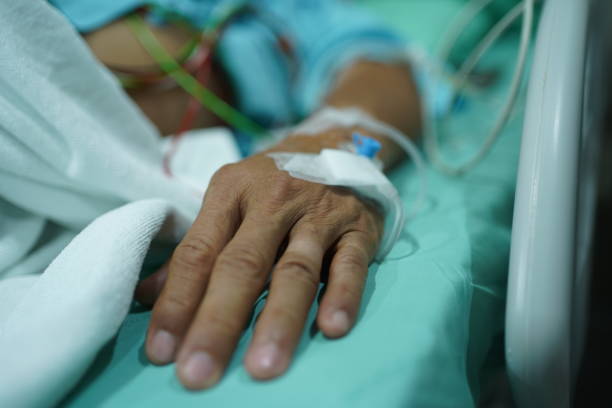
In a shocking and deeply concerning development for the hockey world, Washington Capitals head coach Spencer Carbery has been hospitalized after suffering a heart attack, reportedly triggered by extreme stress related to the ongoing NHL season. The 42-year-old coach is currently in stable condition, according to sources close to the team, but the incident has sparked conversations around mental and physical health in professional sports leadership roles.
Carbery, who took the helm of the Capitals in 2023, has faced immense pressure this season, juggling the demands of a rebuilding roster, high expectations from management, and a loyal but restless fanbase. Insiders suggest the weight of the role, combined with an unrelenting schedule and performance pressures, may have contributed significantly to his health scare.
The heart attack occurred earlier this week, following a grueling back-to-back road trip and a string of close, high-stakes games. According to a team spokesperson, Carbery began experiencing chest discomfort and fatigue shortly after returning from a team practice. He was rushed to a nearby hospital where medical staff confirmed he had suffered a mild heart attack.
“Coach Carbery is currently stable and under the care of excellent medical professionals,” the Capitals said in an official statement. “Our thoughts are with him and his family, and we are hopeful for a full and speedy recovery.”
While Carbery is expected to recover, his condition has prompted immediate changes within the Capitals’ organization. Assistant coaches have stepped up to temporarily handle head coaching responsibilities, and the team is reassessing travel and training schedules to accommodate the shifting leadership dynamic.
Known for his tactical acumen and intense work ethic, Carbery has been praised for his ability to connect with younger players and implement a fast-paced playing style. However, several colleagues and analysts have noted that his all-consuming commitment to the job may have come at a cost to his personal well-being.
“He’s one of the hardest-working people in hockey,” said a former player who worked with Carbery in the AHL. “But that intensity, that drive—it can wear you down. This is a wake-up call not just for him, but for all of us in the sport.”
Carbery’s incident underscores a growing concern within professional sports: the mental and physical toll of coaching at the highest level. Coaches are expected to be both strategists and motivators, leading teams under the constant scrutiny of media, fans, and management. The emotional labor involved, paired with long hours and relentless travel, creates a high-stress environment that can significantly affect health.
Health experts have weighed in, emphasizing the need for sports organizations to support their coaches with resources for stress management and regular medical checkups.
“High-stress jobs like professional coaching are known to increase the risk of cardiovascular issues,” said Dr. Linda Carr, a cardiologist specializing in stress-related heart conditions. “Prevention and early intervention are critical, and that starts with recognizing the signs and creating a culture that prioritizes well-being.”
For now, the hockey community is rallying around Coach Carbery, sending messages of support and encouragement. Fans have taken to social media with heartfelt posts, sharing stories of his impact on the game and wishing him a full recovery.
As Carbery begins his path to healing, his situation serves as a stark reminder: even the strongest leaders are not immune to the effects of stress. The hope is that this incident not only sparks reflection within the Capitals organization but also initiates broader conversations about the health demands placed on those behind the bench.
The Washington Capitals have not provided a timeline for Carbery’s return, stating that his recovery and health will be the sole priority in the coming weeks.
